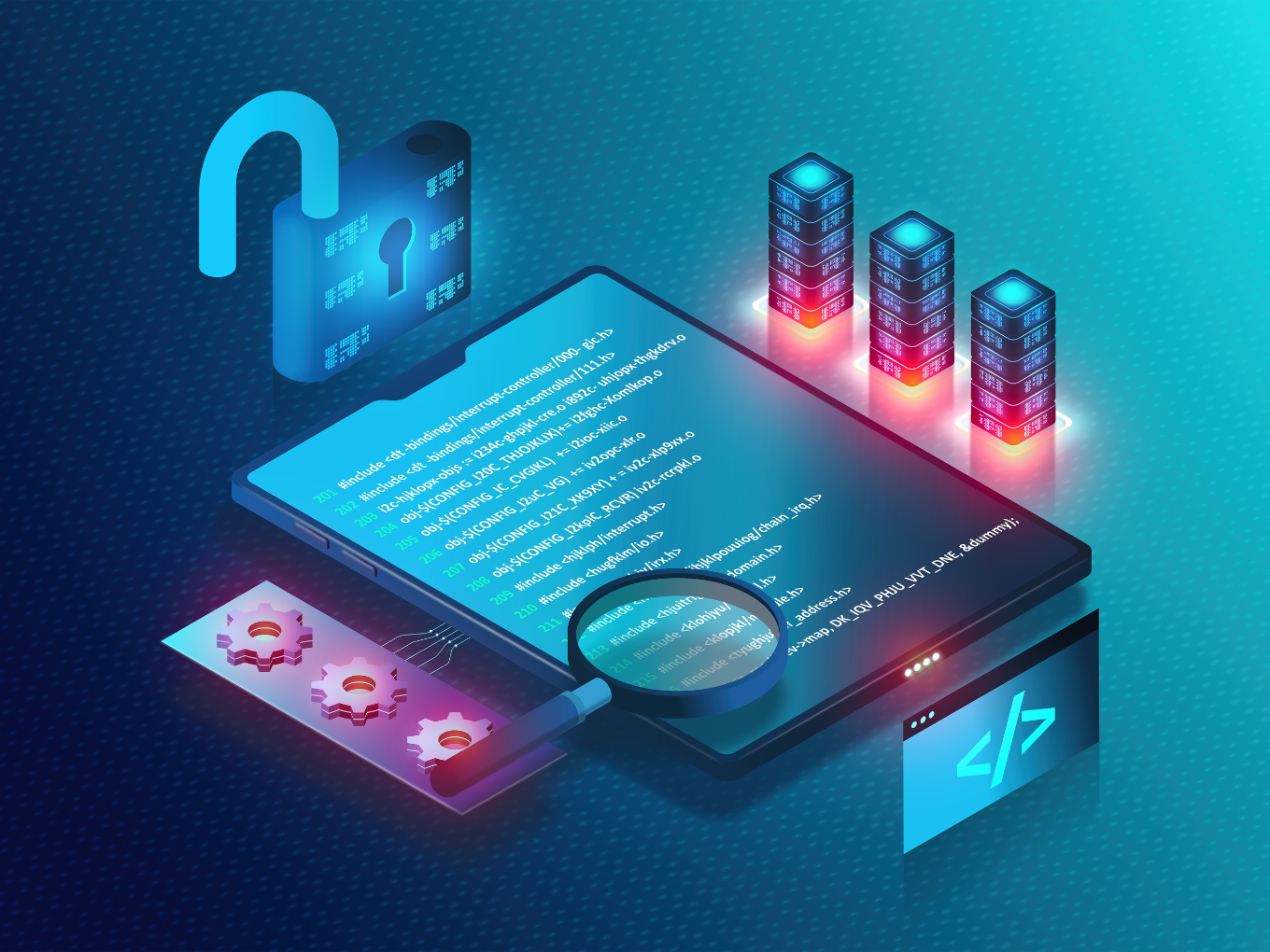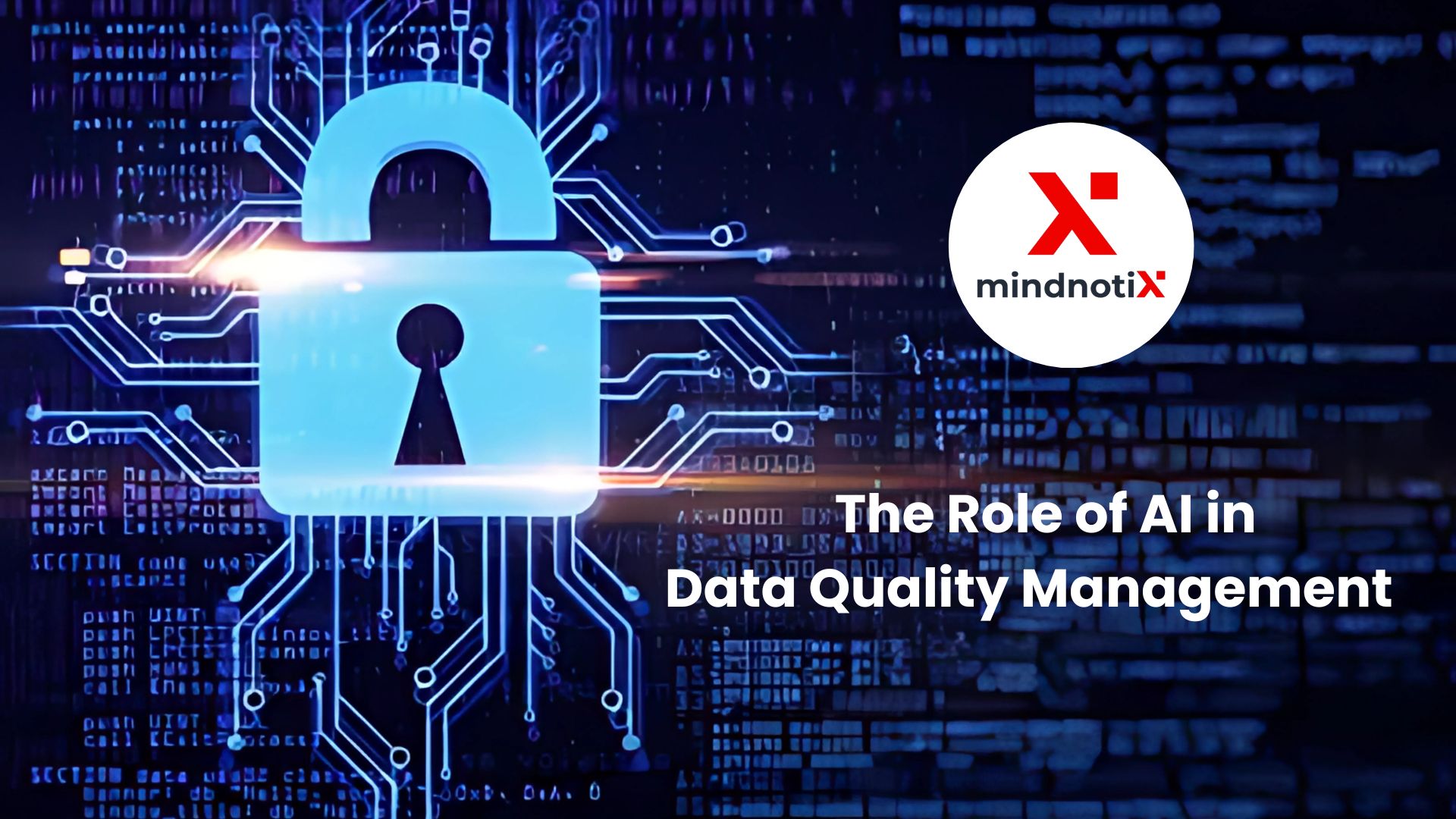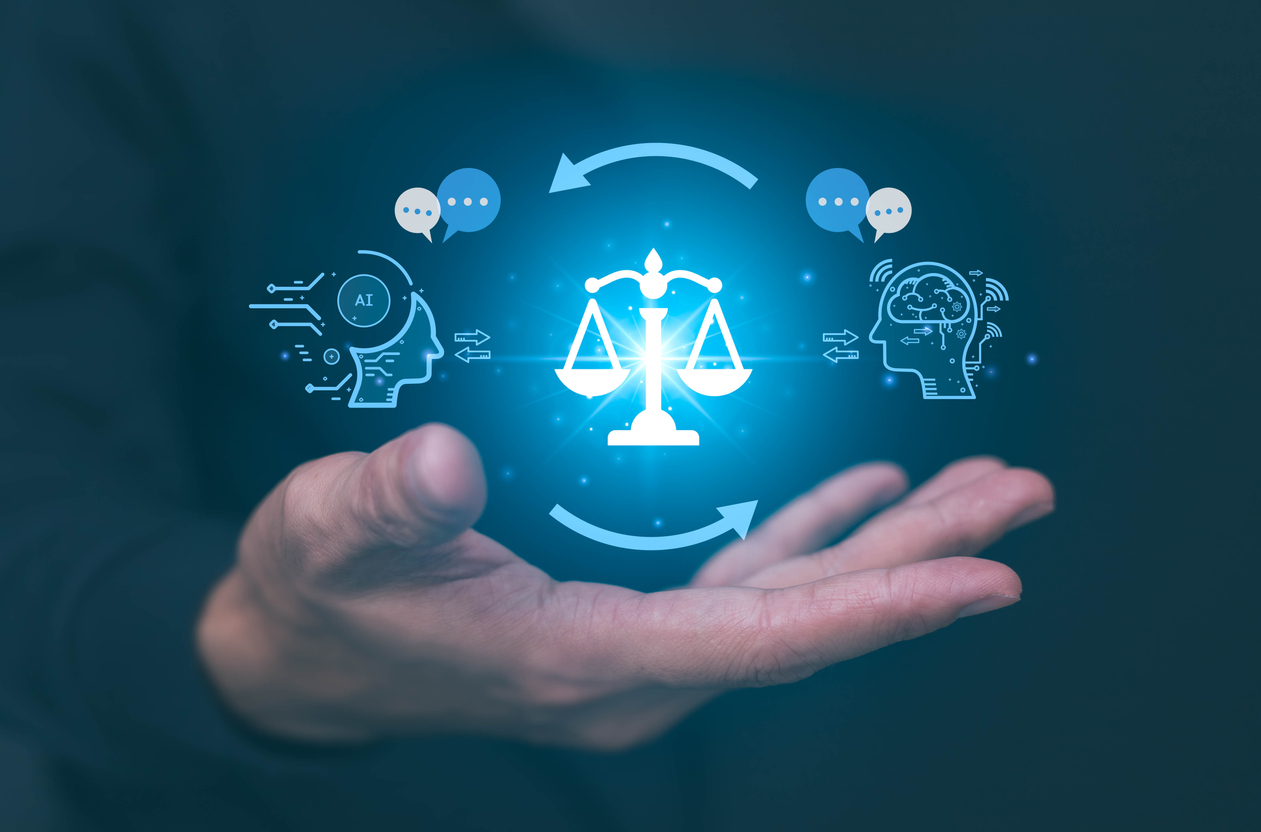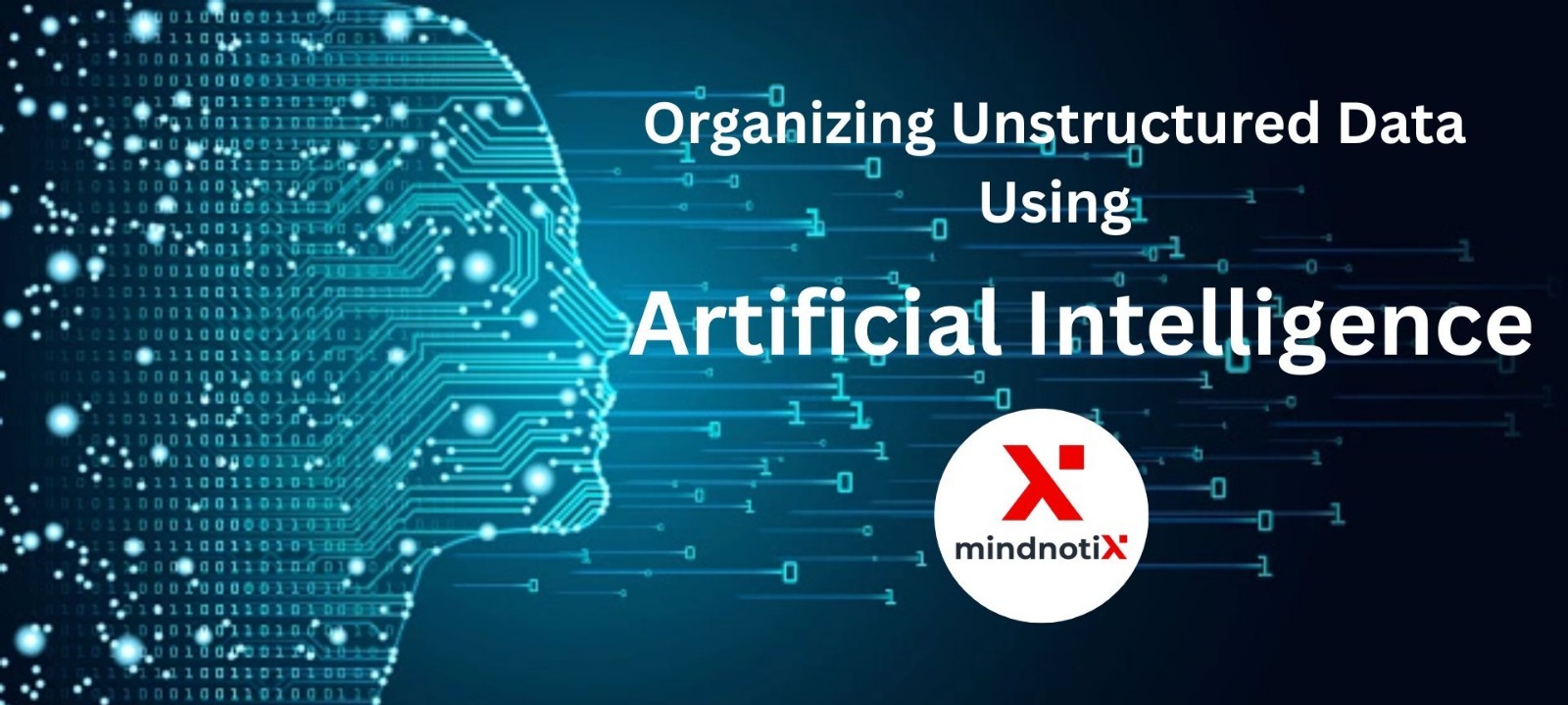The public sector is often seen as slow to adapt, bogged down by bureaucracy and resistant to change. But amidst the familiar forms and beige offices, a quiet revolution is brewing, powered by open-source generative AI. These innovative tools, readily accessible and endlessly creative, hold the potential to transform public services from the ground up, making them more efficient, equitable, and, dare we say, even delightful.
Imagining the Possibilities
- Streamlining Bureaucracy: Imagine AI bots answering citizen inquiries and guiding them through complex forms, freeing up human staff for more complex tasks. Chatbots trained on relevant public information can provide personalized guidance on everything from applying for benefits to registering a business.
- Enhancing Accessibility: AI-powered translation tools can break down language barriers, ensuring all citizens have equal access to government services. Imagine self-service portals equipped with real-time language translation, allowing anyone to access information and submit documents, regardless of their native tongue.
- Personalizing Citizen Engagement: AI algorithms can analyze data to understand individual needs and preferences, tailoring communication and outreach efforts accordingly. Imagine receiving targeted notifications about relevant grants, community events, or safety alerts, all based on your specific circumstances and location.
- Boosting Creativity and Innovation: Generative AI can unlock new avenues for public service delivery. Imagine AI-powered tools generating personalized learning materials for educational programs, crafting engaging content for public awareness campaigns, or even designing accessible infrastructure based on real-time community needs.
Open Source for Open Access
What makes this revolution particularly exciting is the focus on open-source generative AI tools. These readily available frameworks, like Bard or GPT-Neo, empower anyone to experiment and adapt them to specific public service needs. This democratization of innovation means that even smaller jurisdictions or resource-constrained agencies can tap into the power of AI, fostering inclusivity and ensuring no one is left behind in the digital transformation of public services.
Navigating the Challenges
Of course, unleashing AI in the public sector demands careful consideration and a commitment to ethical principles. Concerns around bias, transparency, and data privacy must be addressed head-on. Robust testing, responsible data governance, and ongoing public dialogue are crucial to ensure that open-source generative AI serves the public good, not perpetuates inequalities or erodes trust.
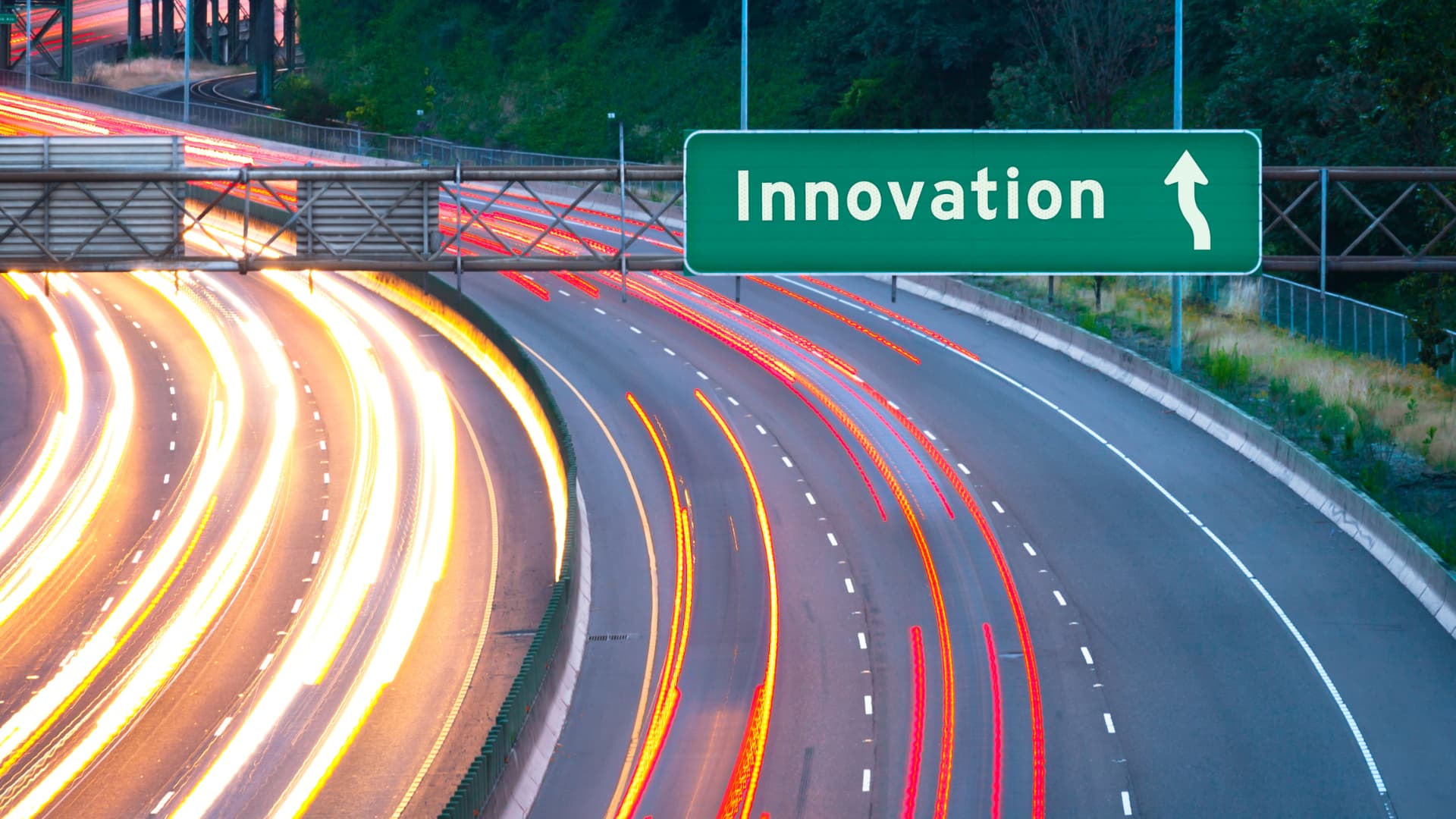
Open-source_ Innovation for all, not just the privileged few
The beauty of this revolution lies in its accessibility. Open-source generative AI tools like Bard or GPT-Neo are readily available, empowering anyone to experiment and adapt them to specific public service needs. This means even smaller towns and resource-constrained agencies can tap into the power of AI, leveling the playing field and ensuring everyone gets a taste of the future.
Challenges to overcom_ Dragons in a digital dungeon
Of course, unleashing AI isn't all sunshine and rainbows. Bias, transparency, and data privacy are dragons we must slay before venturing forth. Rigorous testing, responsible data governance, and a constant dialogue with the public are our shields and potions in this quest. We must ensure AI serves the public good, not perpetuates inequalities or erodes trust.
The call to action: Let's co-create a kinder, more efficient future
The potential of open-source generative AI for public services is vast and exciting. But it's not a solo adventure. Governments, researchers, and citizen innovators must join forces, explore these possibilities responsibly, and co-create a future where public services are accessible, helpful, and truly serve all members of our communities.
The benefits of open-source AI are numerous and wide-ranging, impacting developers, businesses, researchers, and society as a whole. Here are some key advantages
For Developers
- Cost-effectiveness: Open-source AI tools are typically free to use, saving developers significant licensing fees compared to proprietary software.
- Customizability: Open-source code can be modified and adapted to specific needs, allowing developers to tailor AI solutions to unique problem sets.
- Greater Collaboration: Open-source communities foster collaboration and knowledge sharing, accelerating development and improving the quality of AI tools.

Transparency and Explainability
- Demystifying the Machine: AI algorithms can be complex and opaque, making it difficult to understand how they arrive at decisions. Explainable AI technologies should be prioritized to shed light on decision-making processes and rebuild trust.
- Opening the Black Box: Public access to training data and algorithms, with appropriate safeguards for sensitive information, can foster accountability and encourage public discourse about potential biases and ethical implications.
Fairness and Equity
- Mitigating Bias: AI algorithms can perpetuate existing societal biases if trained on biased data. Rigorous data analysis and bias detection tools are essential to ensure AI systems do not discriminate against specific groups or individuals.

- Inclusive Design: The needs and perspectives of diverse communities must be considered when designing and deploying AI-powered public services. Accessibility and inclusivity must be prioritized to avoid amplifying inequalities.
Accountability and Oversight
- Clear Lines of Responsibility: Establishing clear lines of responsibility for the development, deployment, and outcomes of AI systems is crucial. This ensures appropriate accountability for potential harms and facilitates effective oversight mechanisms.
- Public Engagement and Dialogue: Open and transparent dialogue with the public about the use of AI in public services is essential to build trust and address concerns. Regular public consultations and feedback mechanisms can guide responsible development and deployment.
Human oversight and collaboration
- Human in the Loop: AI should not replace human judgment and decision-making, particularly in high-stakes situations. Humans should remain in the loop to provide oversight, ethical guidance, and ensure appropriate safeguards against misuse.
- Human-AI Partnership: AI should be seen as a tool to augment human capabilities, not replace them. Collaborative partnerships between humans and AI can leverage the strengths of both to deliver efficient and effective public services.
Benefiting the Common Good
- Focus on Social Impact: AI projects should be driven by a clear ethical purpose and focus on addressing societal challenges or improving public well-being. Metrics for success should go beyond efficiency and consider broader social and ethical implications.
- Sustainable Development: AI should be used to promote sustainable development goals like environmental protection, poverty reduction, and access to essential services. Responsible use of AI can contribute to building a more just and equitable future for all.
- Transparency and Trust: Open-source code builds trust by allowing developers to inspect and understand how the AI works, reducing concerns about bias or hidden functionalities.
For Businesses
- Faster Innovation: Open-source AI provides quicker access to cutting-edge technologies, enabling businesses to experiment and innovate faster.
- Reduced Risk: Open-source communities often identify and fix bugs quickly, leading to more stable and reliable AI solutions.
- Enhanced Creativity: Open-source tools unlock diverse approaches to problem-solving, fostering creativity and leading to unique AI applications.
- Competitive Advantage: Early adoption of open-source AI can give businesses a competitive edge in the market by leveraging emerging technologies before competitors.
For Researchers
- Accelerated Research: Open-source AI platforms and data sets facilitate faster research progress by reducing barriers to entry and enabling broader collaboration.
- Reproducibility and Verification: Open-source code allows researchers to reproduce and verify findings, improving the scientific rigor and credibility of research.
- Benchmarking and Comparison: Open-source tools provide common benchmarks and platforms for comparing different AI algorithms and approaches.
- Democratization of Knowledge: Open-source AI makes AI research more accessible, attracting a wider range of minds and talent to the field.
For Society
- Wider Application of AI: Open-source AI facilitates the development of solutions for critical social challenges, such as healthcare, education, and environmental protection.
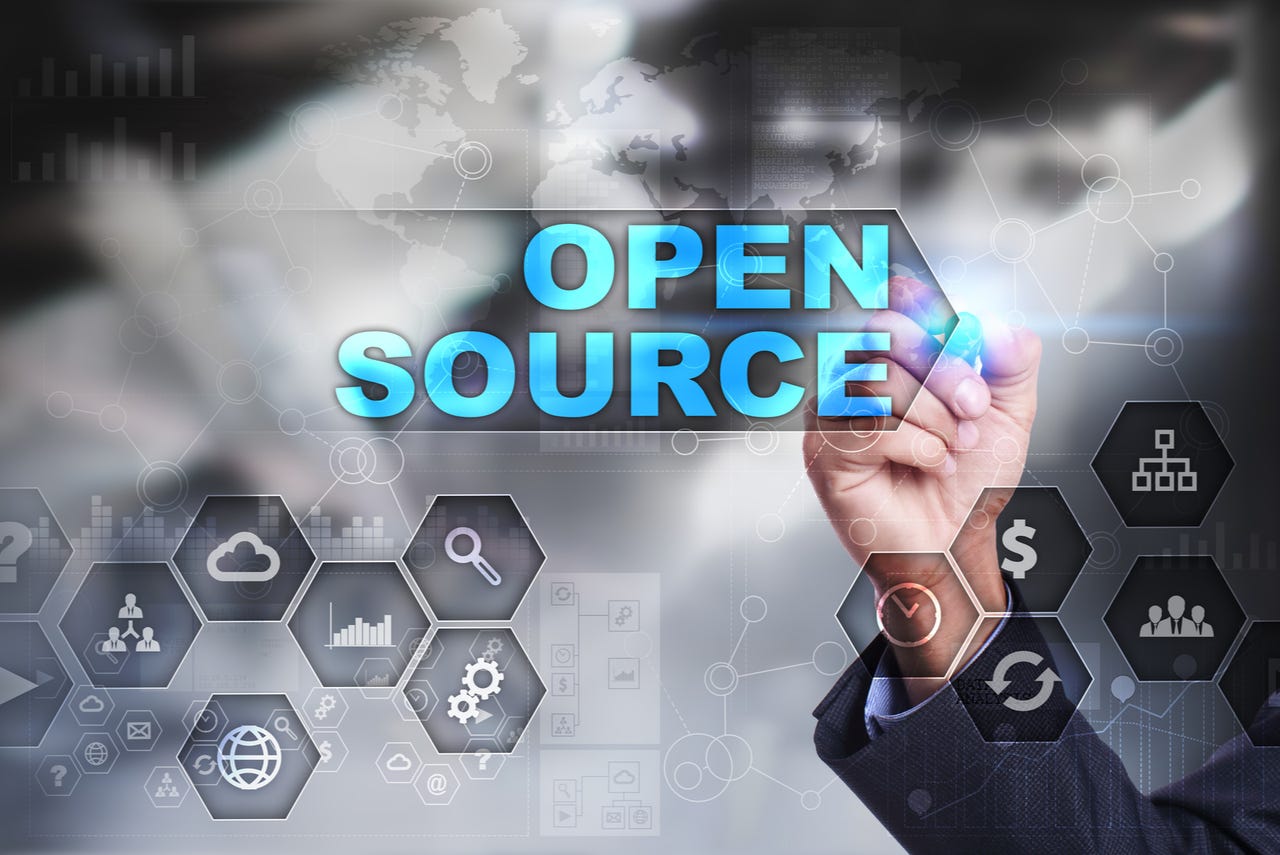
- Ethical Considerations: Open-source communities encourage public discussions and considerations around AI ethics, promoting responsible development and deployment.
- Technological Empowerment: Open-source AI empowers individuals and communities to develop their own AI solutions, fostering innovation and reducing dependence on large corporations.
- Bridging the Digital Divide: Open-source AI can make AI technology more accessible to developing countries and communities, promoting global participation in technological advancements.
For more information contact : support@mindnotix.com
Mindnotix Software Development Company


 AI-Taxi App
AI-Taxi App AI-Food App
AI-Food App AI-Property Mgmt App
AI-Property Mgmt App AI-CRM
AI-CRM AI-Fantasy App
AI-Fantasy App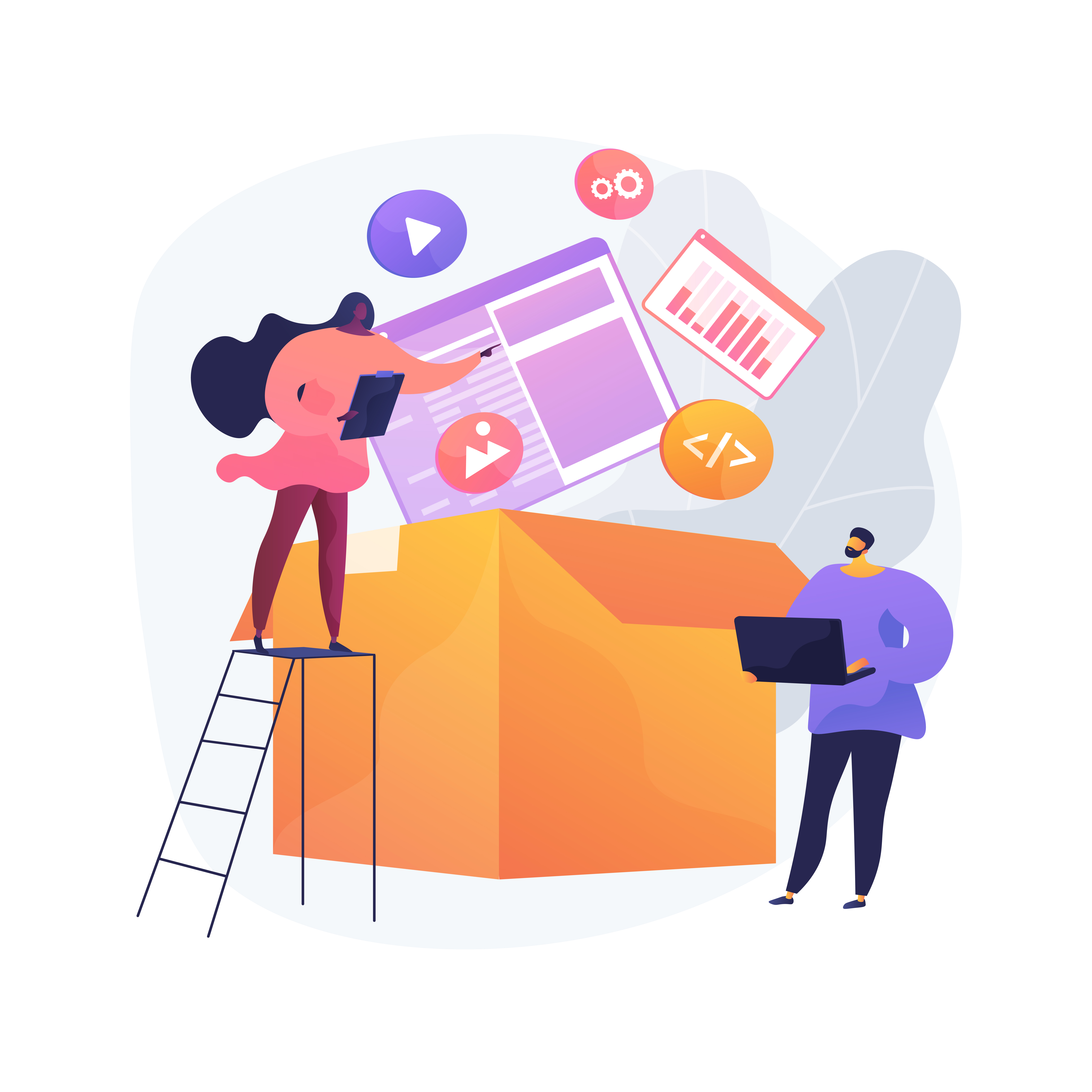
 Web Development
Web Development App Development
App Development Business & Startup
Business & Startup Hire Developer
Hire Developer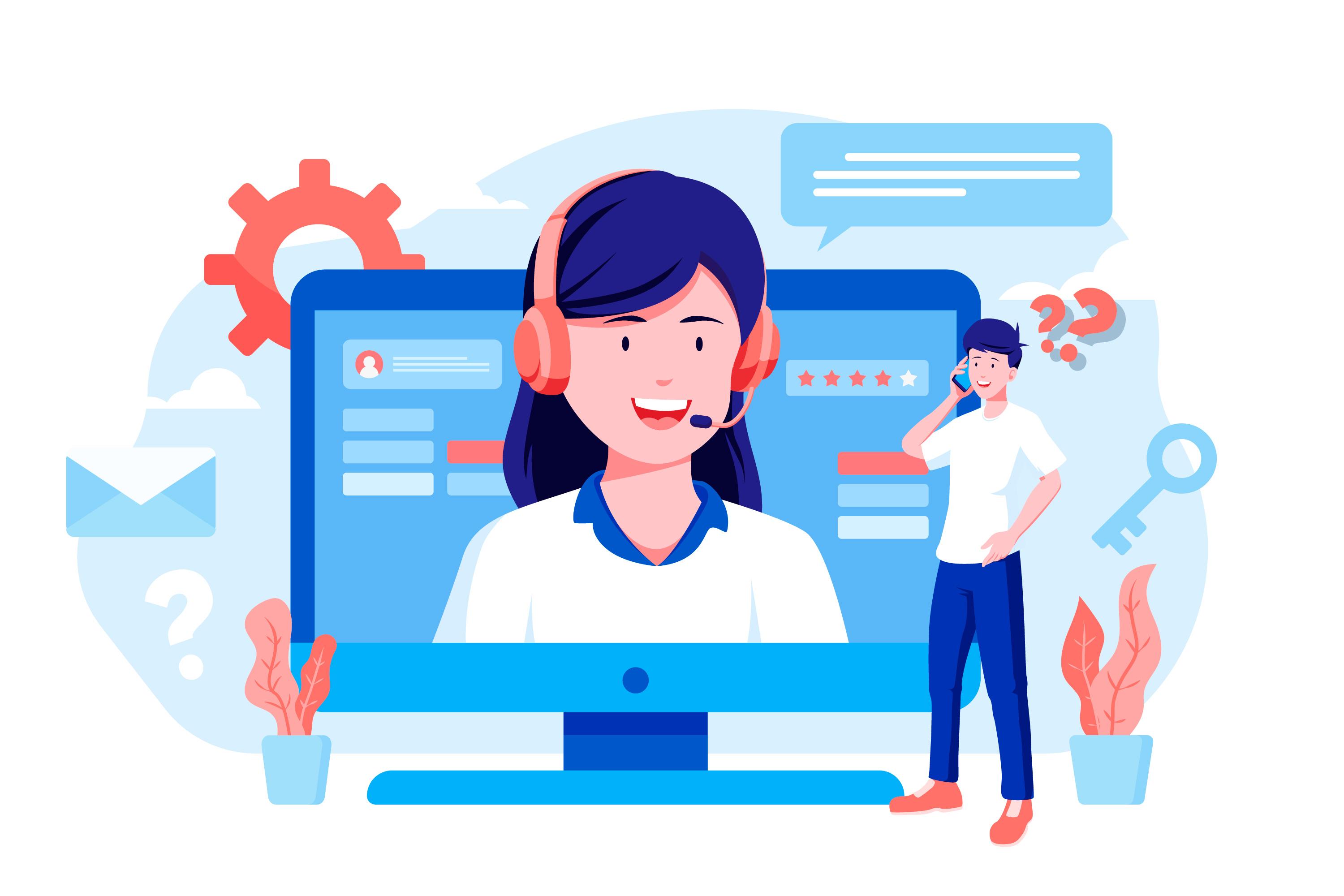
 Digital Marketing
Digital Marketing Lead-generation
Lead-generation Creative Agency
Creative Agency Branding Agency
Branding Agency Augmented Reality
Augmented Reality Virtual Reality
Virtual Reality Internet of Things
Internet of Things Artificial Intelligence
Artificial Intelligence Blockchain
Blockchain Chatbot
Chatbot